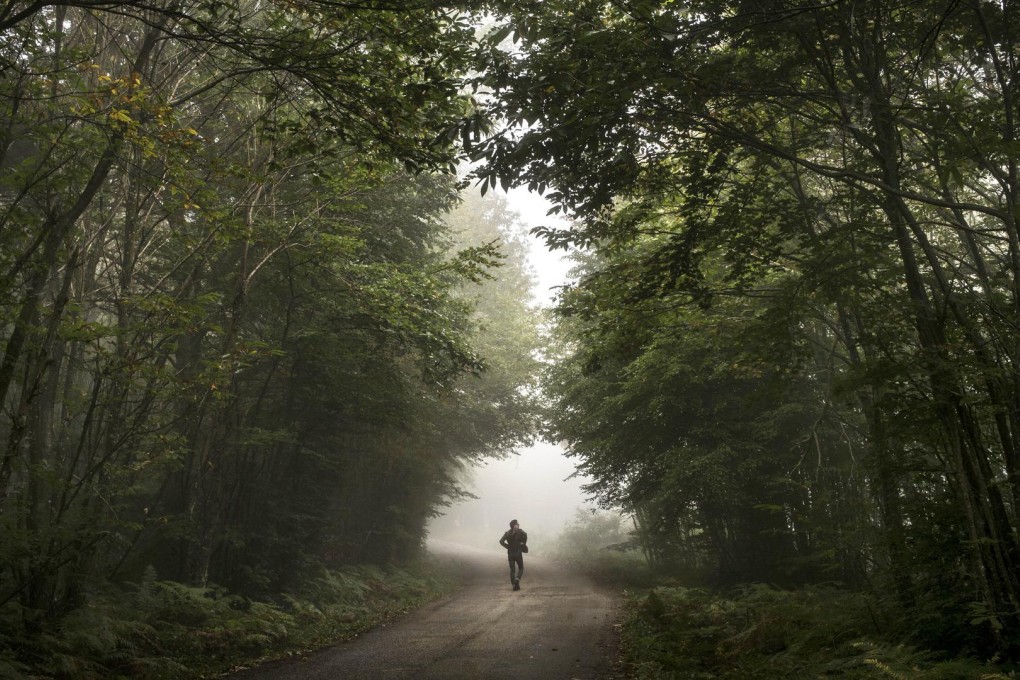Deforestation slows down, bringing hope of a revival
José Graziano da Silva says evidence of the effectiveness of sound forestry practices will spur greater efforts to recover the health of our forests, on which our survival depends

Good news is being delivered this week at the World Forestry Congress in Durban, South Africa: the rate of net global deforestation has slowed by more than 50 per cent since 1990. In another positive development, the net loss of natural forests declined from 8.5 million hectares per year between 1990 and 2000 to 6.6 million hectares per year between 2010 and 2015.
These results have contributed to reducing total carbon emissions from forests by more than 25 per cent between 2001 and 2015.
The findings, in the Global Forest Resources Assessment, an effort led by the UN Food and Agriculture Organisation, are the result of the most comprehensive worldwide survey of forests ever.
The fall in deforestation comes when more wood than ever is being used, as the global population is more than a third larger now than it was in 1990. This shows that sustainable forest management works and that political will and concrete action can make a difference. Today, forest management plans cover more than half of the global forest area.
These findings provide an important foundation to build on as the international community is set to adopt the Sustainable Development Goals this month. This post-2015 development agenda will feature 17 goals that aim to end extreme poverty and hunger by 2030 and promote prosperity and harmony with nature. Among the most pressing challenges is feeding a growing global population, a challenge made greater by the threats of climate change, increasing water and land scarcity, and soil and land degradation.
We need to manage our forests better, with much greater integration with other land uses, including agriculture
We cannot meet the challenge without forests. They cover nearly one-third of the planet's land; are home to over 80 per cent of the world's terrestrial biodiversity, representing an irreplaceable genetic resource for the future development of agricultural crops; and hold about three-quarters as much carbon as the earth's entire atmosphere, thus mitigating climate change.